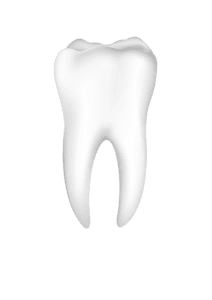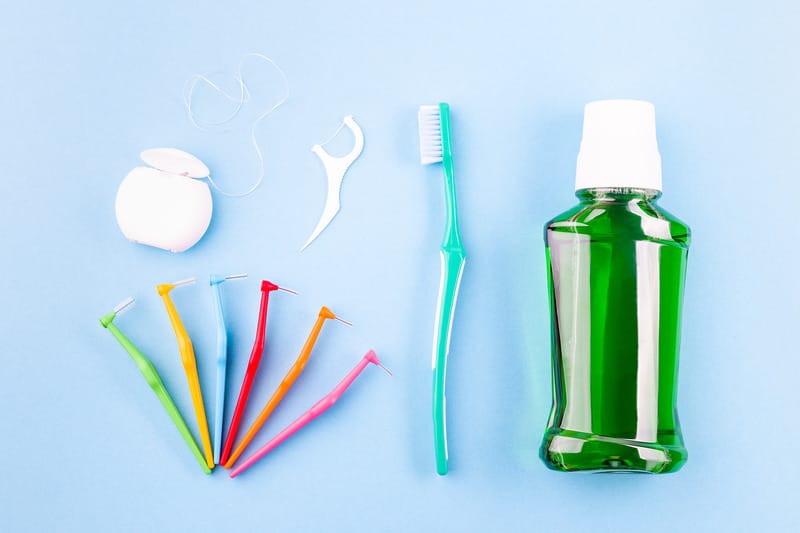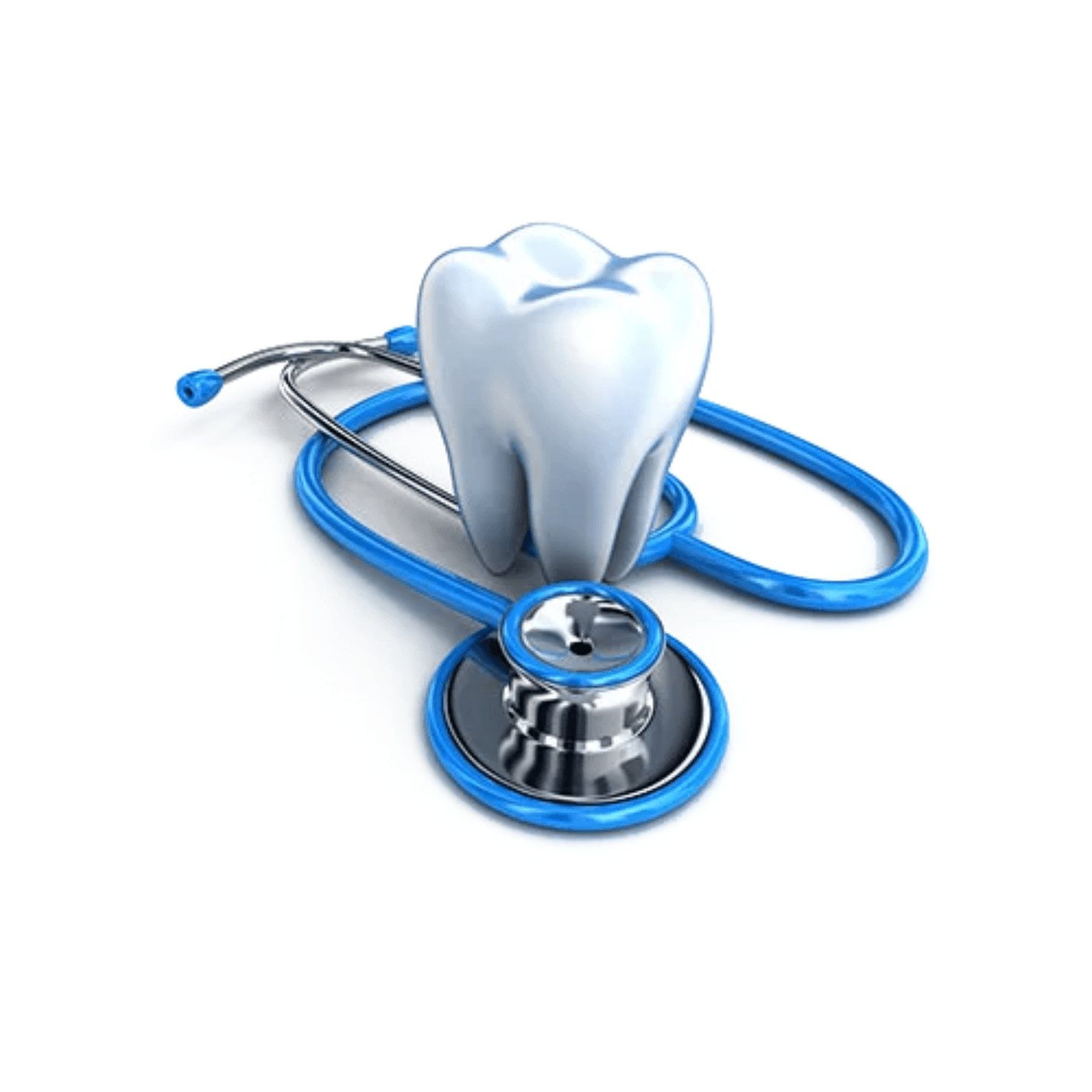Are you tired of cavities? And don’t want to revisit your dentist? Cavities can be painful but the solution to treating cavities and every problem always exists. Better Life Care will provide ways how to get rid of cavities to keep your teeth healthy and cavity-free.
In this article, we will go through some tricks, tips, and preventions to keep your teeth healthy. We will also answer some common questions related to your dental, good oral hygiene routine, and cavities.
What are cavities?
Dental cavities which are also known as tooth decay or dental caries are the damaged areas of your teeth that develop and form tinny openings or holes.
Causes of cavity:

The main cause of cavity formation is a bacterium known as Streptococcus mutans which creates acid out of sugar.
The bacteria form plaque which is typical of sticky film. This plaque consists of acids that remove or damage your tooth’s enamel, by demineralizing it. This erosion results in tiny holes and openings in the tooth enamel that spread inside the enamel resulting in the cavity.
Scientific reasons for the problem:
Usually, the cavity is caused by a combination of factors which may include bacterial attack and consumption of sugary drinks. Here we will discuss some scientific reasons behind cavity formation:

Poor Oral health and hygiene:
If you are not brushing or flossing your teeth regularly you are at high risk of cavity formation due to plaque formation and bacterial growth.
Consumption of Sugary items:
Sugars and excess carbohydrates in our diet provide food for bacteria in dental plaque. Sugary food is the main reason for acid formation in plaque which in turn leads to tooth decay.
Bacteria:
As discussed earlier the main cause of cavity formation is a bacterium known as Streptococcus mutans which creates acid out of sugar.
Sometimes lesser production of saliva results in the cavity as saliva is a natural bacteria killer so the use of sugar-free gum can be effective as it produces more saliva.
Remedies to get rid of cavities:
Sorry, to say but once the cavity is formed it cannot be healed or reversed without proper dental treatment.
However, there are certain home remedies to prevent further cavities formation:
Preventions:

- Brush and floss regularly to remove plaque and prevent decay.
- Use fluoride toothpaste to strengthen enamel and prevent cavities.
- Avoid sugary foods and drinks that feed cavity-causing bacteria.
- Eat a balanced diet rich in vitamins and minerals to maintain healthy teeth and gums.
- Rinse your mouth with water to remove food particles and sugar after eating or drinking.
- Use antiseptic mouthwash to kill bacteria and prevent cavities.
- Consider dental sealants as an added layer of protection on back teeth.
- Use MISWAK (a natural toothbrush made of Salvadora Persica tree.) as it has many scientific benefits and also fights bacteria and cavities.
Remember! It is not possible to reverse cavities so visit the dentist regularly.
Dentists View:
As dental professionals, we always recommend proper treatment for cavities. Remember prevention is better than cure.
Many patients come to doctors when they feel pain and don’t get sleep due to this irritating feeling. This happens when a cavity has reached the pulp of the tooth, affecting the nerves and blood supply of the tooth.
At this stage, dentists are left with only two options: a root canal or an extraction. So it’s better to pay proper attention, grab the problem from the root, and treat it at a young stage.
So it’s better to see your dentist twice a year, and brush and floss your teeth at least twice a day.
Eat food that has low sugar content. Try to examine your teeth regularly it will help you detect the cavity before it becomes a serious problem for you
Treatment Option:
Treatment options depend on the severity of the condition, if the cavity is detected earlier in the initial stages it can be cured but if the roots of the tooth are affected then treatment will be of a different type following are the treatment options available depending upon your dental health.
- Tooth fillings: In dental fillings, the decayed part of the tooth is removed and the cavity is filled with amalgam or any other such material like resin.
- Root canal treatment: Root canal treatment is done to eliminate the bacteria from the affected part of the tooth the infected pulp is removed and disinfected. The infected pulp is removed, and the tooth is filled and capped with a crown.
- Dental crowns: If the decay is extensive, a dental crown may be needed to cover and protect the remaining tooth structure.
- Extraction: In some cases, the tooth is removed especially when the chances of recovery are very low.
- Fluoride treatments: It is a professional treatment in which a high concentration of fluoride that a dentist applies to the patient’s teeth. This treatment reduces the risk of cavities.
Risks of Untreated Cavities
Untreated cavities can lead to various risks and complications, including:
1. Tooth pain and sensitivity: As the cavity grows deeper, it can cause tooth pain and sensitivity to hot, cold, or sweet foods and drinks.
2. Tooth infection: If the cavity reaches the pulp of the tooth, it can lead to a painful infection that may require a root canal or even tooth extraction.
3. Gum disease: When cavities are left untreated it results in inflammation of the gum which leads to many other gum diseases.
4. Tooth loss: Untreated cavities results in tooth decay and other gum disease such as periodontal disease which is a major cause of tooth loss.
5. Abscess: It is a bacterial infection that is an underlying cause of pus accommodation
Conclusions

The article discusses cavities, their causes, and prevention. The main cause of cavities is bacteria that form plaque and produce acid, leading to tooth decay.
Poor oral hygiene and consumption of sugary foods also contribute to cavity formation.
It is better to visit the dentist because cavities cannot be reversed by home remedies. Yes, some prevention can stop further tooth decay.
The information we have provided is based upon some authentic research from well-recognized articles and remember the thing which works for one person may not work for others.
To maintain your oral hygiene visit the dentist regularly and follow the precautions brush and floss your teeth regularly and use good toothpaste and antibacterial mouthwash. Another best option is to use MISWAK as it has many surprising benefits and is an organic toothbrush.
FAQs
Can a cavity go away on its own?
No! Once a cavity is formed it cannot be reversed or go away on its own. It’s better to visit professionals for proper treatment.
How can I remove a cavity from my teeth at home?
Sorry, to say but once the cavity is formed it cannot be healed or reversed without proper dental treatment.
Can You Get Rid of Cavities in Two Days?
It is not possible to get rid of cavities in two days. So be realistic and focus on the proper treatment for long-term results.
Can salt water heal cavities?
No! It cannot heal cavities but can be helpful to reduce pain and inflammation.
Can a cavity go away on its own?
No! Once a cavity is formed it cannot be reversed or go away on its own. It’s better to visit professionals for proper treatment.
How can I remove a cavity from my teeth at home?
Sorry, to say but once the cavity is formed it cannot be healed or reversed without proper dental treatment.
Can You Get Rid of Cavities in Two Days?
It is not possible to get rid of cavities in two days. So be realistic and focus on the proper treatment for long-term results.
Can salt water heal cavities?
No! It cannot heal cavities but can be helpful to reduce pain and inflammation.


